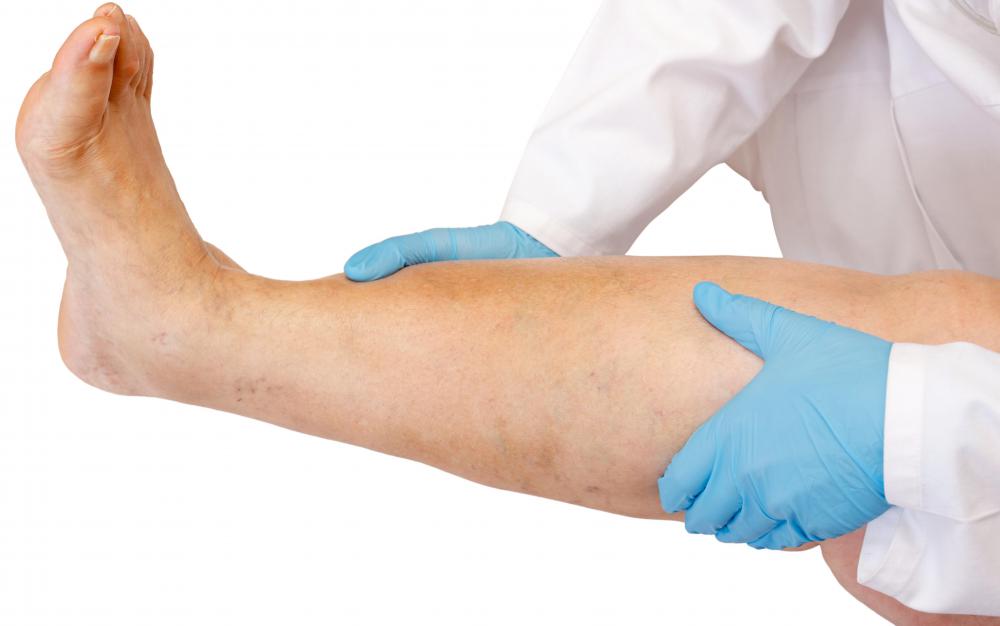At WiseGEEK, we're committed to delivering accurate, trustworthy information. Our expert-authored content is rigorously fact-checked and sourced from credible authorities. Discover how we uphold the highest standards in providing you with reliable knowledge.
What is Cystinosis?
Cystinosis is an autosomal inherited disease that is rare, and at present incurable. It most affects people of French origin, and is most common in France and Quebec. In order for the disease to be passed to others, both parents must carry a recessive gene for it, and when they do so, they have a one in four chance of passing on a defective version of the cystinosis, neuropathic or CTNS gene to children.
The condition, when present, causes accumulation of the amino acid cystine, and this can affect the eyes and the kidneys especially, but also affects other areas of the body. There are three types of cystinosis, which may in part determine severity and outcome. Infantile and late onset forms of the disease are most severe, whereas, benign cystinosis may not cause blindness or renal failure.

Infantile and late-onset cystinosis have similar symptoms and differ usually only in terms of when they occur. Infantile versions may occur as early as 9 months, and late onset tends to occur after the age of two, with an average age of occurrence in the teens. Common symptoms for both types include:
- Dehydration
- Fevers from dehydration
- Extra thirst and Extra urination
- Failure to Thrive
- Difficulty Eating
- Nausea/Vomiting
- Kidney Failure
- Rickets

Benign cystinosis is usually not associated with most of these symptoms and may only be noted if cystine crystals are seen in the eyes, or if high cystine levels are detected in urine. However, unlike the infantile and late-onset forms, these high levels don’t damage the kidneys and won’t cause blindness, so this form is highly survivable without much intervention.

In the more severe forms of cystinosis, what is of particular concern is damage to the eyes, resulting in eventual blindness, and damage to the kidneys. The high levels of cystine impair the kidneys’ ability to filter properly and this means that nutrients and minerals are wasted instead of being used by the body. Ultimately, this also results in kidney failure, and most people with this condition will eventually require dialysis and kidney transplant. Since the CTNS gene has been discovered, there is hope of eventually creating gene therapy that might address the disease.

Though this disease is incurable, there are ways to halt or slow its progress. A medication called cysteamine lowers cystine levels in the body. There are also drops that can be placed in the eyes, which can help reduce development of cystine crystals there. Cysteamine is not thought a cure, but certainly is a way to greatly increase length of time before kidney failure and other organ damage occurs. Early treatment definitely improves outcome and is thought at present to be the best way to delay progress of the disease.
AS FEATURED ON:
AS FEATURED ON:
















Discussion Comments
Apart from cystine, what other amino acids are found in the urine of patients with cystinosis?
Post your comments